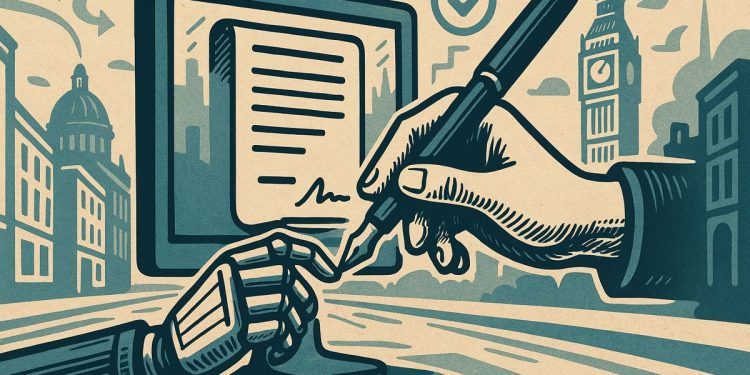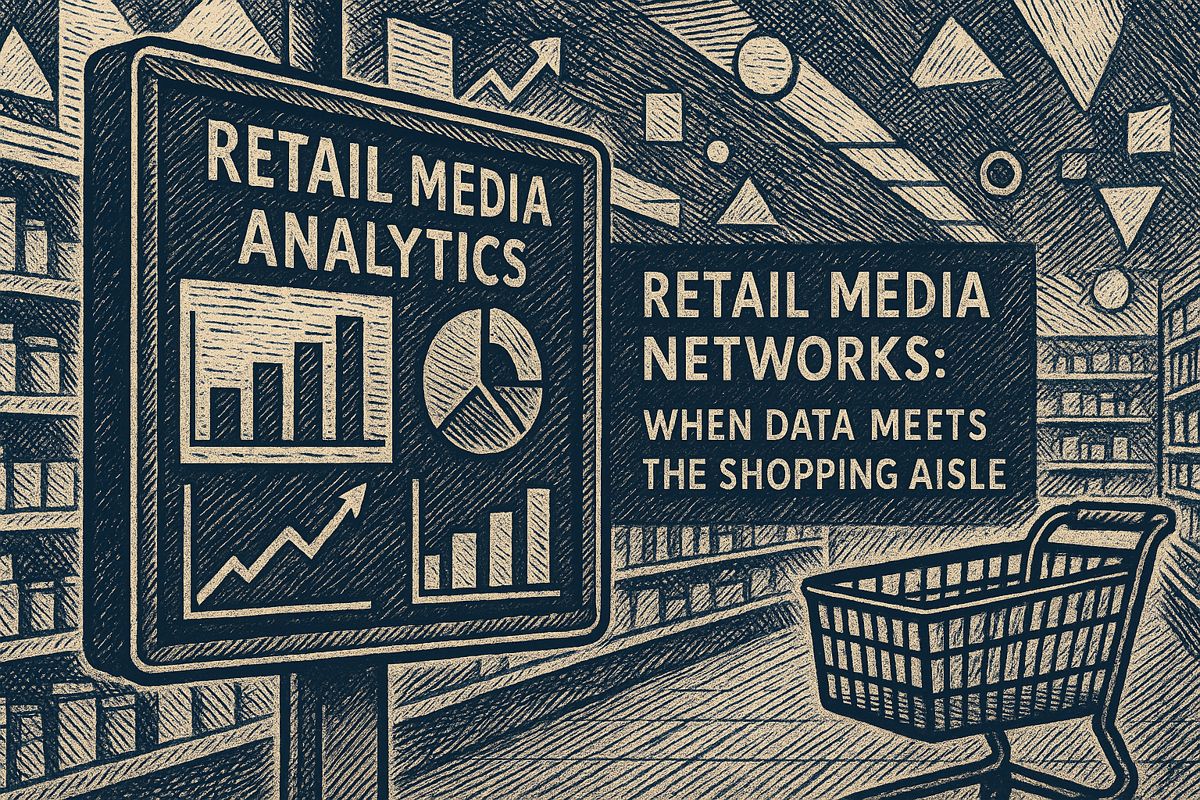Robin AI builds trust in legal technology by blending smart AI trained on millions of legal documents with careful human review for risky decisions. Their system reviews contracts super fast and is 98% accurate, but always asks a human to check anything important or strange. Big companies now use Robin AI to save money and cut review time from 45 to just 7 minutes per contract. This mix of AI speed and human care helps make sure contracts are safe and reliable. Robin AI is growing quickly, showing that this teamwork approach really works.
How does Robin AI build trust in generative AI legal tech?
Robin AI builds trust in legal tech by combining an AI engine trained on millions of legal clauses with expert human review for high-risk matters. This hybrid approach delivers 98% accuracy, rapid contract review, and ensures that critical decisions always receive final human sign-off for maximum reliability.
- Inside Robin AI’s new formula for trustworthy generative-AI legal tech*
In 2025, fourteen Fortune 500 companies now vet every high-value contract through Robin AI’s platform before signature, according to the company’s latest investor note. That milestone signals how far the London–New York start-up has come since it began tackling the single biggest objection to generative AI in law: trust .
How the hybrid model works
| Layer | Purpose | Human involvement |
|---|---|---|
| Legal-only training corpus | Millions of clauses from NDAs, MSAs, credit agreements, etc. | Curated by ex-Big-Law attorneys |
| AI engine | Speed-read and redline contracts in < 2 min | Outputs routed to “legal reviewer” queue |
| *Guardrails * | Auto-reject suggestions that breach policy | Final sign-off required for high-risk matters |
CEO Richard Robinson, himself a former Clifford Chance associate, summarised the philosophy in a recent YouTube interview:
“We pair 80 % AI acceleration with 20 % human judgment where failure is not an option.”
From PDF to Excel in one click
Early adopters report 98 % accuracy on extraction tasks compared with manual paralegal work, and a four-figure cost reduction per 1,000 contracts reviewed (source).
Market snapshot 2025
- 79 % of in-house counsel now use some form of AI, but only 36 % have licensed a legal-specific platform (Brightflag 2025 survey).
- Robin AI’s G2 satisfaction score: *4.5/5 * – behind Wordsmith’s 4.9, but ahead of generic AI suites under 4.0 (Wordsmith analysis).
- $30 m+ raised to date; Google among backers (CB Insights profile).
When the robot pauses and asks for help
Crucially, Robin’s rules engine still throws a “human review required” flag on:
- Unlimited liability or indemnity clauses
- Cross-border data-transfer language
- Any deviation above a client-defined risk score
That selective automation keeps average lawyer review time at 7 minutes per contract versus 45 minutes for fully manual redlining, without the horror stories that circulate about hallucinated citations.
Bottom line for legal teams
If your docket is heavy on volume contracts and light on bespoke negotiation, Robin AI’s 2025 playbook offers a practical path: AI for speed, humans for safety, data for strategy.
How does Robin AI ensure legal-grade accuracy when using generative AI?
Robin AI combines AI speed with human expert oversight. Contracts are first processed by models trained exclusively on legal documents, then reviewed by qualified lawyers who validate every output. This hybrid model means the platform can review contracts up to 80% faster while still meeting strict legal standards, a balance that has convinced 14 Fortune 500 firms to adopt the technology daily.
What specific tasks can Robin AI automate without risking accuracy?
The platform focuses on high-volume, standardized agreements like NDAs and MSAs. Users report that tasks that once took weeks now finish in minutes, with built-in audit trails preserving accountability. For complex negotiations or unusual clauses, the system flags items for human review rather than guessing, ensuring risky work never slips through automated filters.
How does Robin AI turn contract text into structured business data?
Through its “Answer Types” feature in Robin Reports, the platform extracts fields such as liability caps, renewal dates or governing law and exports them directly to Excel or CRM systems. This turns previously unstructured legal language into searchable, actionable data, helping legal teams identify revenue opportunities and compliance gaps across thousands of agreements simultaneously.
Is Robin AI suitable for global enterprises?
Yes. The architecture supports parallel queries on millions of documents, and the company already serves teams in London, New York and beyond. Multi-jurisdictional research and compliance checks are built-in, so globally distributed legal departments can run consistent analyses without worrying about regional law variations.
How does Robin AI maintain client trust and confidentiality?
Data is handled under UK/EU privacy standards, and every AI suggestion remains editable. A human-in-the-loop requirement means sensitive contracts are never finalized by software alone, preserving attorney-client privilege and professional liability protections.



















